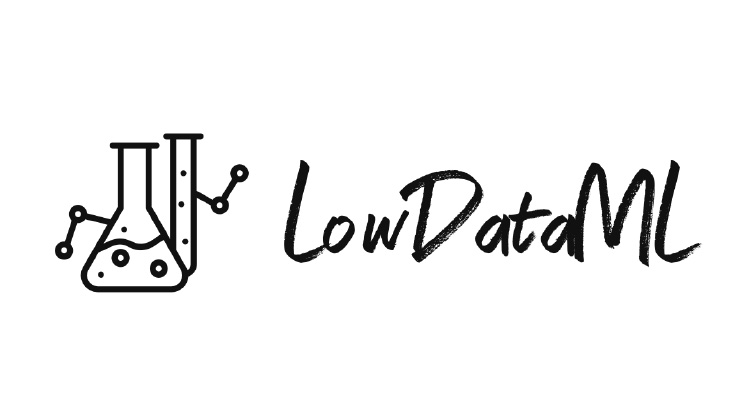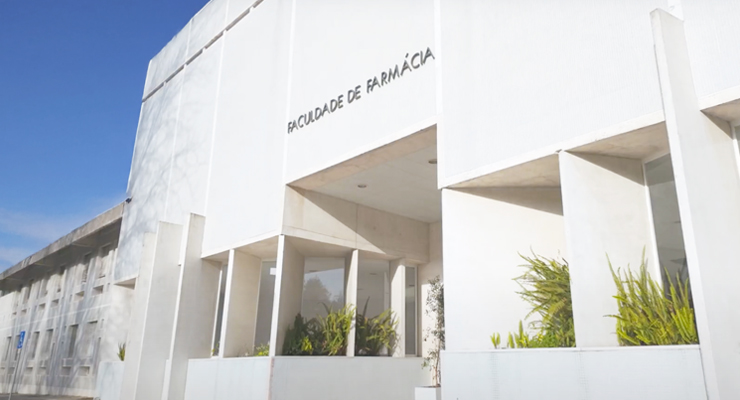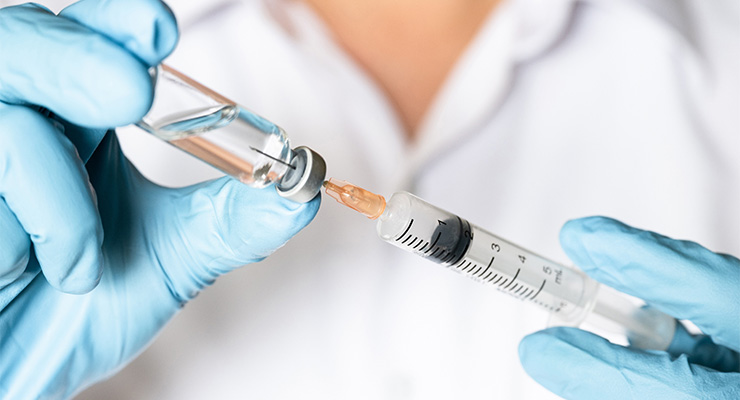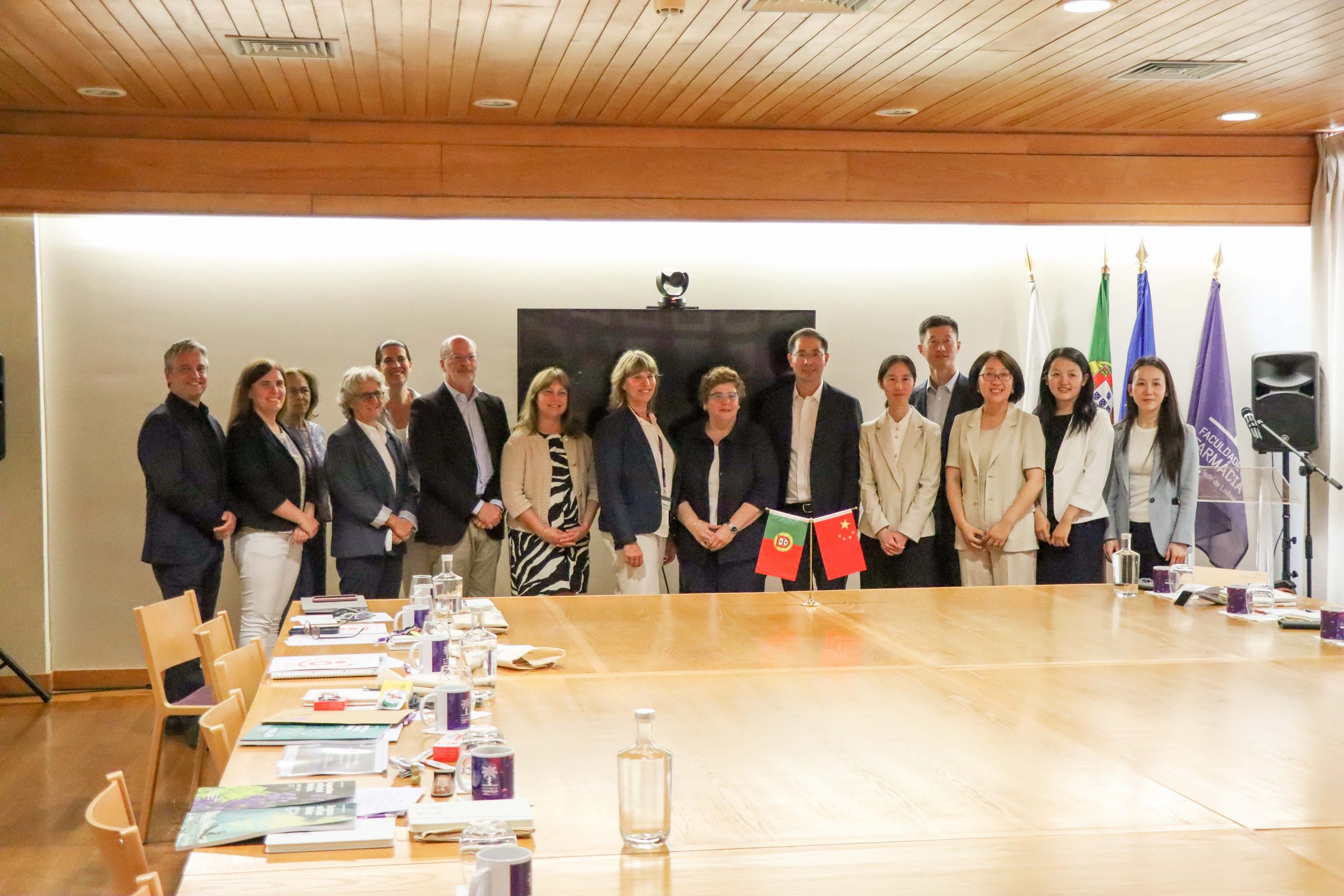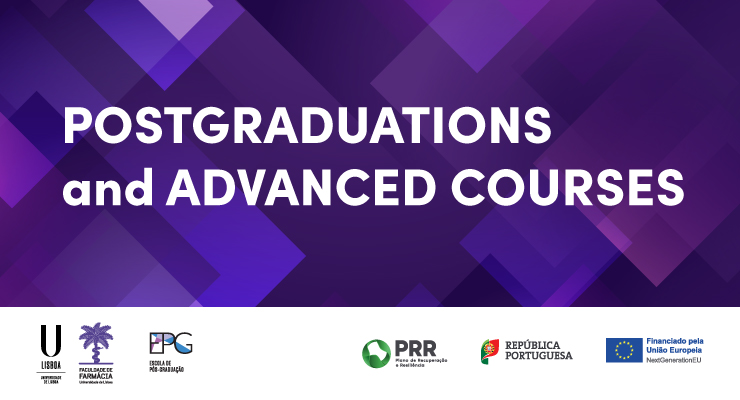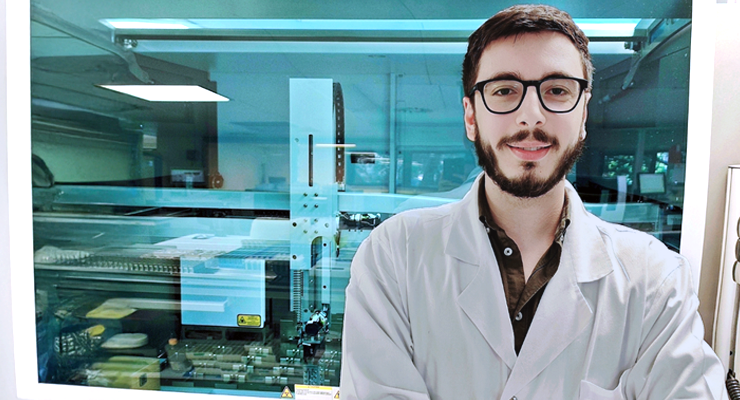The project “Low data machine learning for sustainable chemical sciences”, coordinated from the Faculty of Pharmacy of the University of Lisbon (FFUL), was recently approved by the European Commission under the Marie Skłodowska-Curie Actions – Doctoral Networks. It is one of only two projects in any scientific field to be coordinated from Portugal in this round.
With a budget of over 2.4 million euros, the project, which is now about to begin, aims at “building AI models with limited training data to guide decisions across different areas of chemistry,” says Tiago Rodrigues, project lead at FFUL.
Several academic and non-academic entities are involved in this project – in addition to FFUL, the consortium includes the University of Cambridge, AstraZeneca, Eindhoven University of Technology, University of Münster, Ben-Gurion University of the Negev, Biomedical Research Foundation, Academy of Athens, CSIC, EPFL, IBM, Free University of Berlin, EU-Openscreen, GiMM, Arquimea, and the Acceleration Consortium at the University of Toronto.
The main goals of the project include:
- Training 10 PhD students;
- Creating a research network with collaborations that extend beyond the funding period;
- Generating economic value, either through intellectual property protection or through the creation of new start-ups.
This type of doctoral network aims to implement PhD programmes through partnerships between organisations from different sectors across Europe and beyond, fostering the training of highly skilled doctoral candidates, stimulating their creativity, enhancing innovation capacity, and improving long-term employability.

